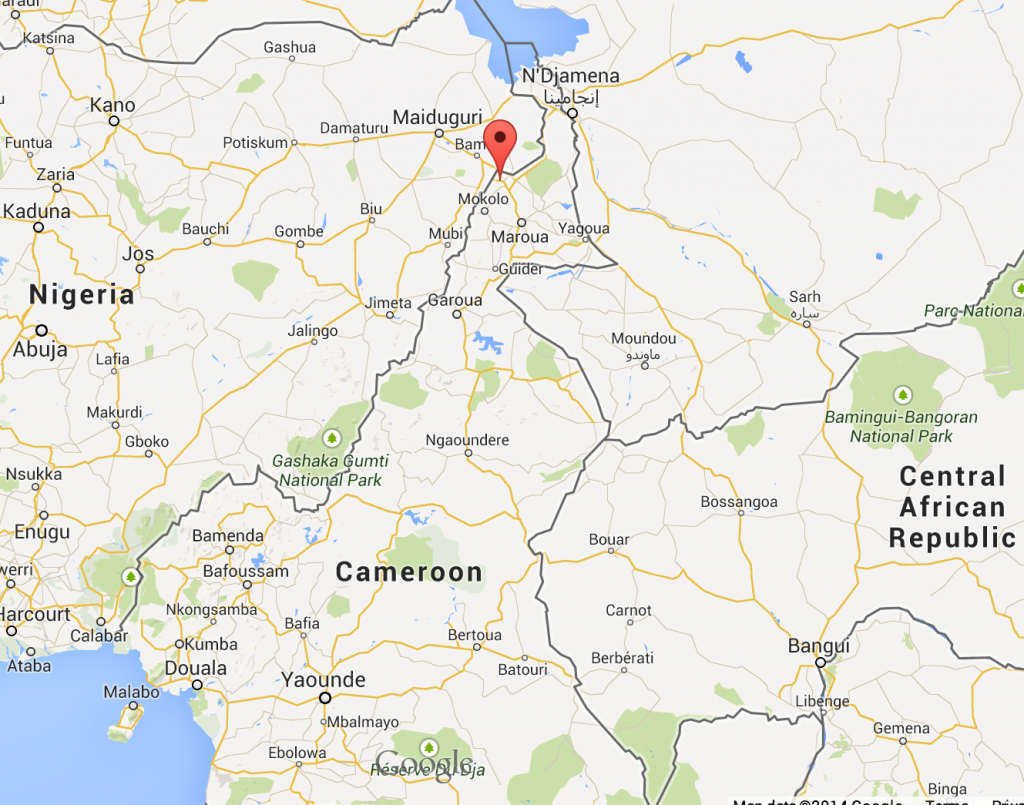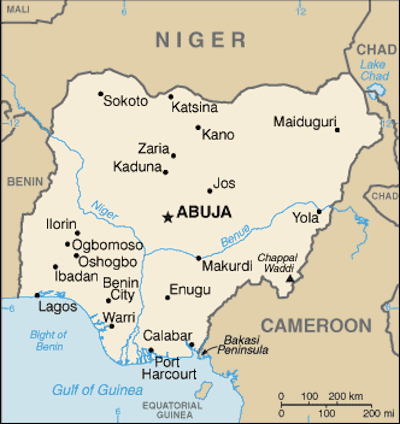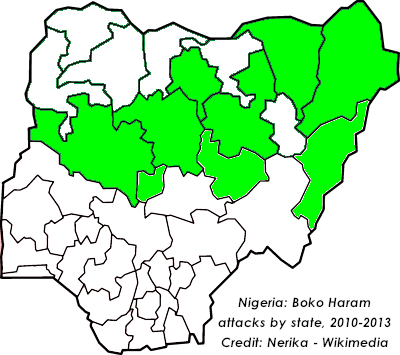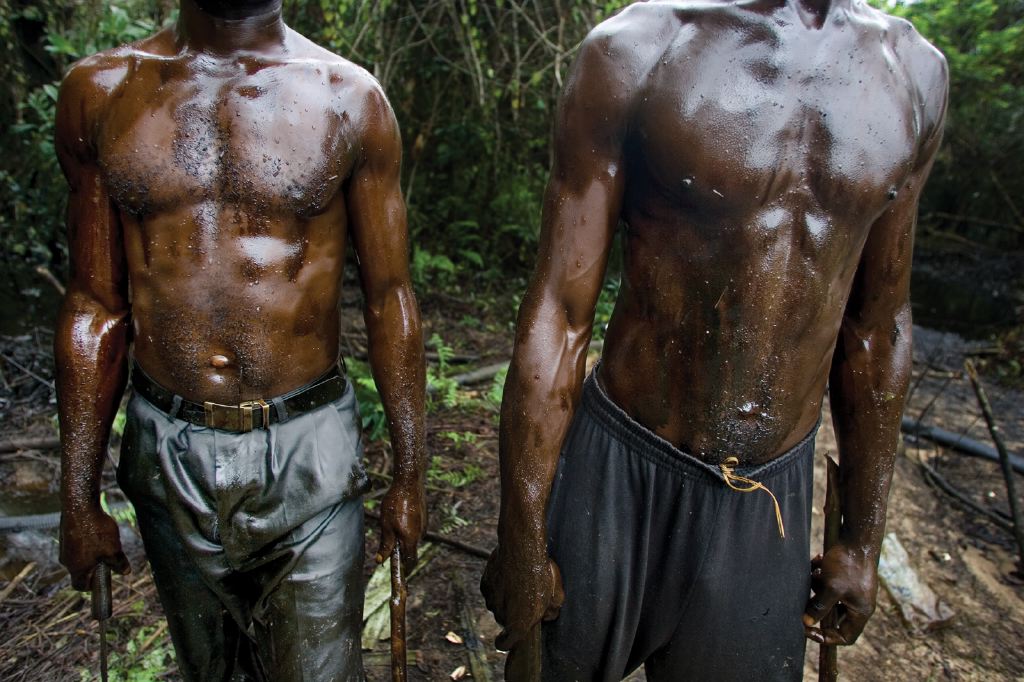Boko Haram has kidnapped the wife of Deputy Prime Minister Amadou Ali of Cameroon and local officials in the same town, following an announcement that Cameroon’s military would join a multi-national coalition against them. Deputy Prime Minister Ali narrowly escaped his home during the assault, which took place in Kolofata, a border town extremely far in the north of Cameroon, in a region that was once part of an empire centering in northern Nigeria.
The country, which is located next to Nigeria, Boko Haram’s home base, had said it was going to war with Boko Haram back in May of this year when hundreds of Nigerian schoolgirls were kidnapped in a raid. The girls are believed to have been taken to the forests near the border with northern Cameroon.

Cameroon — a country once carved out of colonial remainders by Imperial Germany and then split at random by France and Britain before re-merging itself after independence — now finds itself as an unusually stable dictatorship wedged between the rising conflict in northern Nigeria and the genocidal civil war in Central African Republic, exposed along lengthy borders on both sides. The populations in northeast Nigeria and northern Cameroon have long had cultural and economic interchange, since the border was an arbitrary colonial one crossing through an existing society.
The government of Cameroon, approaching the 32nd year of President Paul Biya’s tenure (4th longest in Africa) has taken a hard line previously against neighboring rebel factions operating within its borders, knowing that letting them build up typically means trouble for the host country eventually. Now it may have dragged itself definitively into this conflict by publicly siding against Boko Haram.
It seems to have begun in earnest:
Cameroon’s long and porous border with Nigeria means Boko Haram fighters can come and go at will, attacking police stations and villages, and spreading terror throughout the region, says BBC Africa editor Mary Harper.
The group has attacked Cameroon three times in as many days in the past week, killing at least four soldiers, Reuters reports.
On Friday, more than 20 members of the militant group were jailed in Cameroon on charges of possessing illegal firearms and plotting an insurrection.






